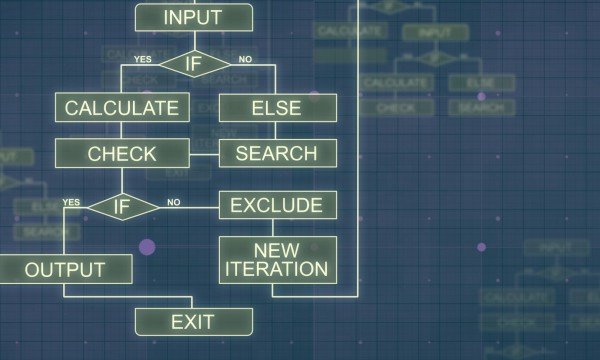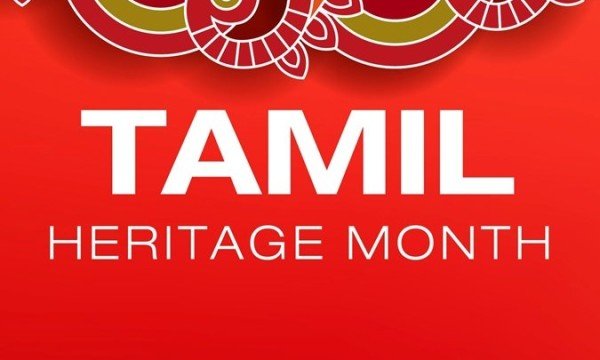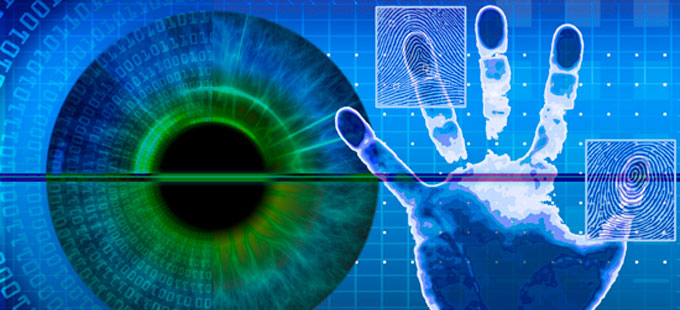
Like many readers of Tamil Culture, I too have many relatives who currently reside in Sri Lanka and wish to come to Canada to visit their family. All those visitors, and anyone applying for a study permit or work permit from Sri Lanka, will be affected by a Regulation that came into force on June 28th, 2012 when Royal Assent[1] was received in Parliament.
Starting December 11th, 2013, all visitors from Sri Lanka will not only need to obtain a temporary resident’s permit or tourist visa to enter Canada, but will also have to provide biometrics[2] with their application at their own expense. The biometric fee is presently set at $85 CAD (10, 960 LKR) per person, and has a maximum of $170 CAD (21, 920 LKR) for a family applying together for a visitor’s visa. The biometric information that the government collects includes and is limited to fingerprinting and photographs[3]. Biometrics are a form of authentication, which uses distinctive and measurable characteristics to confirm one’s identity. This information will be stored in the Government of Canada’s Personal Information Bank.
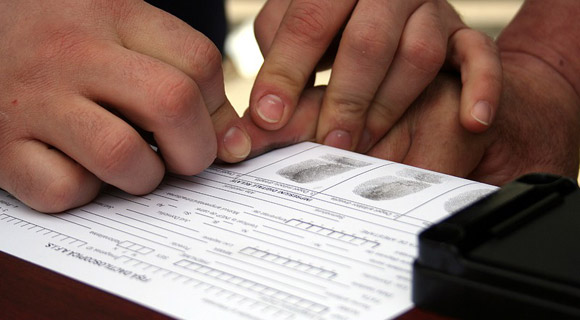 The Government of Canada has claimed that the purpose of the biometrics is to ensure temporary residents are not travelling to Canada on fraudulent passports. According to former Minister of Citizenship and Immigration, Jason Kenney, the biometrics "will facilitate legitimate travel to Canada"[4]. However, the truth is not limited to this point, the public should also be made aware that the information that the Canadian government collects is also shared with the United States, as part of the Canada-U.S. Immigration Information Sharing Treaty. It is also a new source of revenue for the Canadian government as a result of this new requirement at the expense of citizens of ‘third-world’ countries, such as Sri Lanka, therefore making it more difficult for those individuals to travel to ‘first-world’ countries.
The Government of Canada has claimed that the purpose of the biometrics is to ensure temporary residents are not travelling to Canada on fraudulent passports. According to former Minister of Citizenship and Immigration, Jason Kenney, the biometrics "will facilitate legitimate travel to Canada"[4]. However, the truth is not limited to this point, the public should also be made aware that the information that the Canadian government collects is also shared with the United States, as part of the Canada-U.S. Immigration Information Sharing Treaty. It is also a new source of revenue for the Canadian government as a result of this new requirement at the expense of citizens of ‘third-world’ countries, such as Sri Lanka, therefore making it more difficult for those individuals to travel to ‘first-world’ countries.
Furthermore, to provide biometrics, an applicant will have to present themselves to designated locations where their biometrics can be given. Often, this means that those individuals, who do not live in or near the Capital where the visa application centre is often situated, will have to make arrangements to make a special trip in order to provide their biometrics. Hence, these individuals will have to incur more costs as a result of this new requirement upon obtaining a visa to enter Canada. Hence, the total cost for a visitor from Sri Lanka to Canada, for example, can start anywhere from $160.00 CAD (20, 501.89 LKR), if the individual is visiting alone, and only on a single-entry visa.
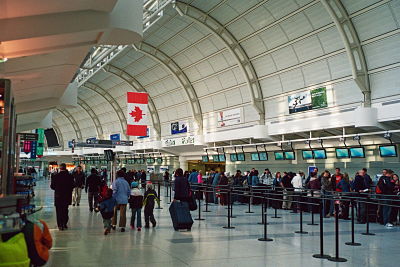 Moreover, as a temporary resident, whether it be a visitor, worker, or student, a Canadian Border Service Agency officer may ask that individual to provide fingerprints again at customs and compare their picture to the one found in the travel document in the holder’s name and/or the photograph that was taken at the time of when the biometrics information was provided. It is not as if customs is already such a quick process, now the customs line will be even more time consuming upon arrival to Canada.
Moreover, as a temporary resident, whether it be a visitor, worker, or student, a Canadian Border Service Agency officer may ask that individual to provide fingerprints again at customs and compare their picture to the one found in the travel document in the holder’s name and/or the photograph that was taken at the time of when the biometrics information was provided. It is not as if customs is already such a quick process, now the customs line will be even more time consuming upon arrival to Canada.
There are very few exemptions of when individuals do not have to give their biometric information[5]. This includes applicants who are: (i) under the age of 14 or over the age of 79; (ii) properly accredited diplomats, consular officers, representatives or officials, and their families; and (iii) transit visa applicants who have valid entry visas to the United States are the only ones exempt from providing this type of intrusive information to the Canadian government.
This information collected from non-exempted individuals are stored in the Government of Canada database, and is shared with members of the Five Country Conference, a forum for immigration and border security, which consists of, along with Canada, the following countries: Australia, New Zealand, the United Kingdom and the United States. Hence the biometrics are not really kept within the confines of Canadian ‘walls’. These walls are essentially extended to include these other four countries, which is a violation of one’s privacy, since a particular individual is consenting to releasing their biometrics information to Canada, not to the other countries for which a visa is not being obtained.
This regulation has already been imposed on certain individuals, as of September 4th, 2013, namely on foreign nationals, who are citizens of Colombia, Haiti, and Jamaica.
Other countries that are or will be affected by this new regulation at different times are: Afghanistan, Albania, Algeria, Bangladesh, Burma (Myanmar), Cambodia, Democratic Republic of Congo, Egypt, Eritrea, Iran, Iraq, Jordan, Laos, Lebanon, Libya, Nigeria, Pakistan, Palestinian Authority, Saudi Arabia, Somalia, Sudan, South Sudan, Syria, Tunisia, Vietnam, and Yemen[6].
The delay in applications is already a large complaint for most, and now with the additional requirements, how much longer will the process take? The High Commission of Canada in Sri Lanka already represents Canadian interests in the Maldives, and as a result, it is also responsible for all permanent and temporary resident applications that come through, along with the biometrics requirement that will come into force in December, 2013. Will the High Commission be able to handle the added responsibilities? Only time will tell, but be prepared for the added fees, requirements and the potential delays in obtaining a temporary resident permit for a friend, relative or loved one after December, 2013.
[1] CIC Backgrounder, dated December 7, 2012, http://www.cic.gc.ca/english/department/media/backgrounders/2012/2012-12-07.asp
[2] R. 12.1 Immigration and Refugee Protection Regulations (SOR/2002-227)
[3] R. 12.1(4) Immigration and Refugee Protection Regulations.
[4] CIC News Release, Facilitating Travel to Canada – Canada to Begin Collecting Biometrics from Certain Foreign Nationals, Ottawa, dated December 7th, 2012, http://www.cic.gc.ca/english/department/media/releases/2012/2012-12-07.asp
[5] R. 12.1(2) Immigration and Refugee Protection Regulations (SOR/2002-227)
[6] R. 12.1(1) Immigration and Refugee Protection Regulations (SOR/2002-227)







